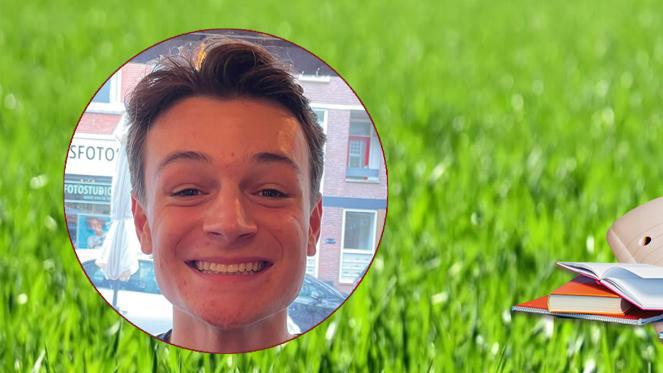Campus columnist 2025 nominee
ChatGPT lacks human creativity

It is late October, exam week, and I am walking through the University Library where the smell of overheated laptops, old books and forgotten lunch boxes prevails like a very specific cologne. Sweaty students bent over their laptops in earnest. I can't help but notice that the vast majority of students have the latest version of ChatGPT almost permanently open. It seems like "GPT4" is the latest hit not only among tech aficionados but among students too.
"What's new about this version?" Well, quite a lot. The intelligence model has been taught primitive thinking processes such as counting, simple logic and spelling words. Contrary to what you might be thinking, these features are revolutionary as they allow ChatGPT to imitate increasingly difficult thinking processes. This means AI is no longer just "smart", it also feigns creative ability.
The figures confirm my impressions at the library: last year, 83 per cent of students used AI, and about half of them did so on an intensive basis. Hints, sources and entire research questions are thereby adopted as ideas for papers, essays and theses without too much pardon. I think we should dwell on this and ask: isn't it a shame that all these minds can now also delegate "their" creativity to ChatGPT?
There must be students in this very library who dare to stick their noses outside the beaten track. After all, as I discovered in the first few months of my Bachelor's in History, creativity is part of studying. Every good piece, be it a paper in an introductory course, an academic thesis or a column for DUB, starts with an idea. It starts with curiosity. The pioneers of modern science had to show guts as well as creativity. Hopefully, that will also be the case with these budding academics.
Take Galileo, who was once just a student in Pisa. Would he have become famous if he had simply continued the ecclesiastical tone? Or, to get more personal, would Galileo have come to his revolutionary insight if he had used ChatGPT to come up with a research idea? While AI can help with processes, it cannot replace the source of creativity. After all, that requires the skill of failure, getting lost and forging new paths. If AI takes that work out of our hands, meaningful learning opportunities risk being lost.
Almost 400 years after Galileo, I see a generation of students sitting in the library and handing over their creativity to big tech. The solution does not lie in tapping more supplements and caveats about AI, or pointing out where it is patently ineffective. The motivation not to use GPT for ideas will have to come from the students themselves. You can provoke that with classes that show them how one can do science creatively. After all, AI is appealing and can do a lot of good, but students must retain their creative autonomy.